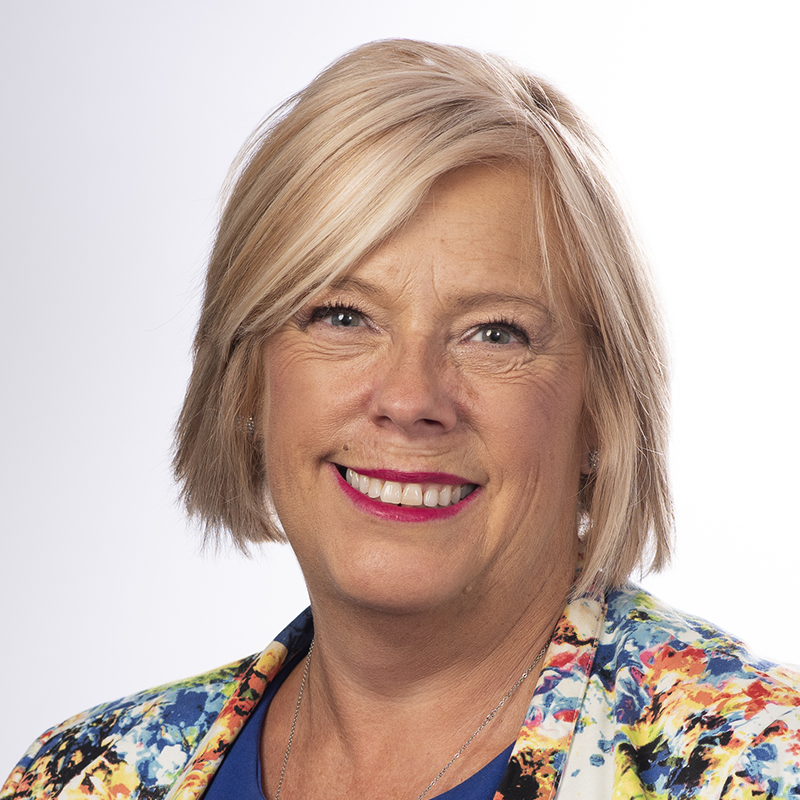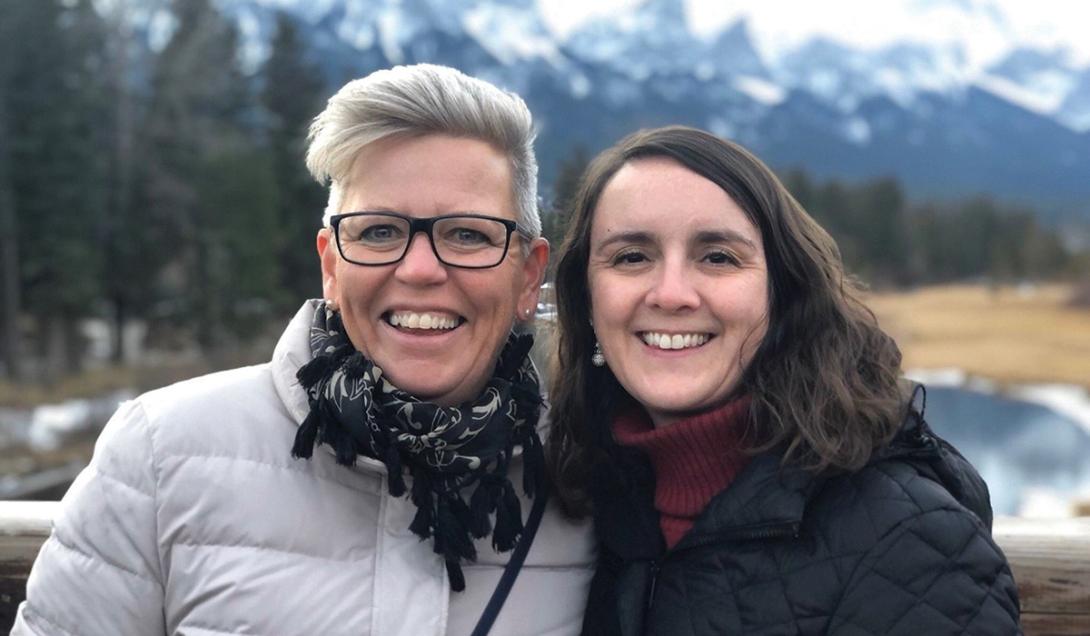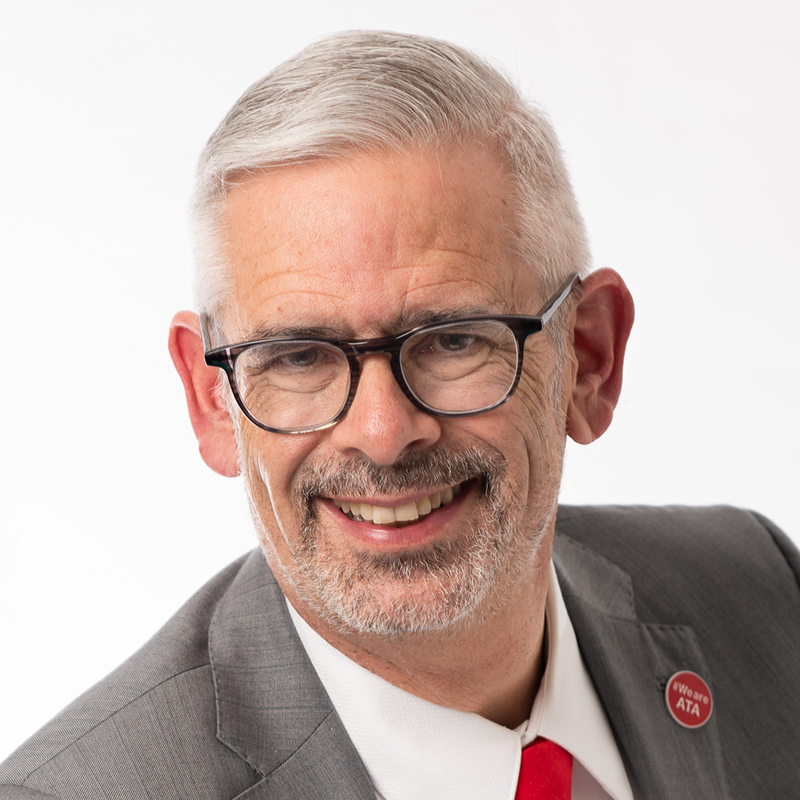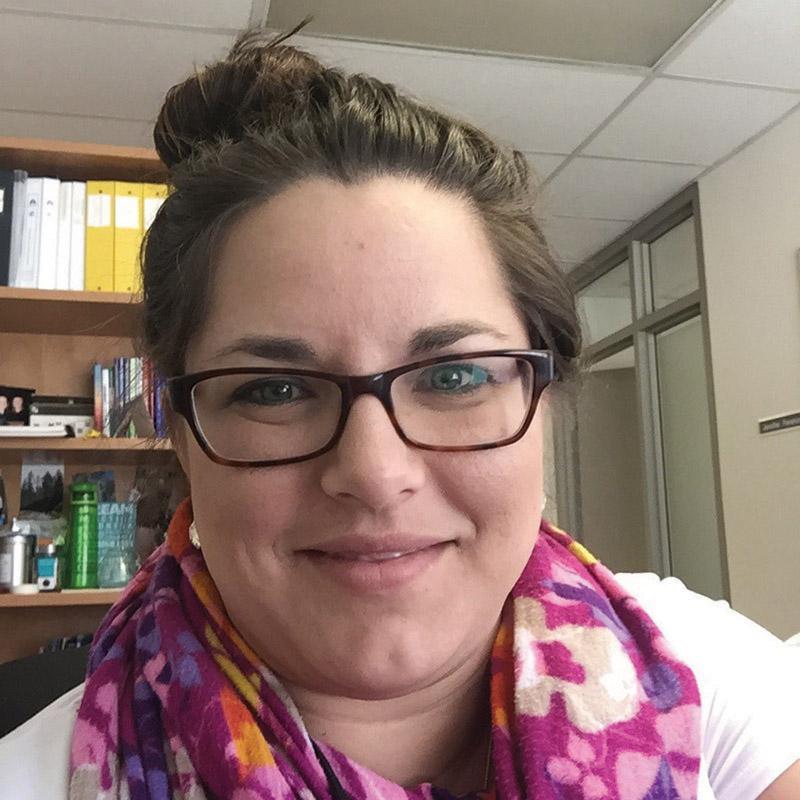In 2013, I became part of what the Association called the Professional Conduct Committee Secretariat, which means for the last decade I have acted as the secretary for many professional conduct hearings, too many to count.
I have to admit that, at first, I was not enamoured of my new duties. The idea of listening to a litany of ways my fellow teachers had screwed up didn’t appeal to me at all. But, over time, I recognized that we were doing really important work, work that was best done by teachers for teachers and for the profession.
I was often asked about the supposedly contradictory role of the ATA in both defending teachers and disciplining teachers. But these roles were not in opposition to each other. Both had the goal of ensuring that the process was fair and just for everyone. And once a hearing was ordered, the ATA’s role was to protect the dignity and honour of students and the profession.
At the start of almost every hearing, the legal counsel to the committee would remind the members that, under the Teaching Profession Act, only the committee could determine if the conduct we were about to learn about was unprofessional or not. We had hearings where teachers said “yes, I did that, but I don’t think it was unprofessional.” Sometimes the cases were mundane and obvious; other times I found myself wondering, what the heck were they thinking?
"The idea that it will no longer be a jury of their peers that passes judgment on teachers is not just sad, it also seems to fly in the face of natural justice."
That was the magic of our system — it was a group of teachers (and sometimes a public member) who decided what was unprofessional conduct and what wasn’t. Teachers who were members of the committee had willingly given up their time to learn the intricacies of the Code of Professional Conduct, the Teaching Profession Act and the steps and procedures of the hearing processes and regulatory case law.
Many times our committee did arduous work, sifting through hundreds of pages of evidence and listening to days of witness testimony. And then they would have to render judgement on their colleague, judgment that could, and sometimes did, include a recommendation to the minister to cancel their colleague’s teaching certificate. I can tell you that those decisions were never made easily or lightly. Committee members understood the gravity of what they were recommending and had to be able to articulate clearly and concisely why they decided what they decided. What did the evidence show? Which witnesses were more believable than others? What had been the result in previous similar cases?
I witnessed teachers come into the hearing room full of bravado only to have the overwhelming weight of evidence against them pile up to the point that their bravado turned to acceptance that they had indeed been unprofessional in their conduct. I witnessed teachers who, even after the committee rendered their judgment, remained steadfast in their belief that they had done nothing wrong. I witnessed teachers coming into the hearing room to express their deep remorse for their actions. And I witnessed some of the best and the worst of people.
For those reasons, I am sad that this part of my work is coming to a close. The idea that it will no longer be a jury of their peers that passes judgment on teachers is not just sad, it also seems to fly in the face of natural justice. Who better than fellow teachers to make these decisions? Who are the new panel members? Have they been in a classroom recently? Will they be able to separate the incident of unprofessional conduct from the entirety of the teacher’s past actions? Will they understand the nuances of teacher–pupil relationships?
I hope so. I can only surmise that the people who have been chosen to do this work have the best interests of parents, students, teachers and the profession at heart. I can only hope that when they sit in judgment, they too will understand how important this work is. ❚

Interim Editor-in-Chief


